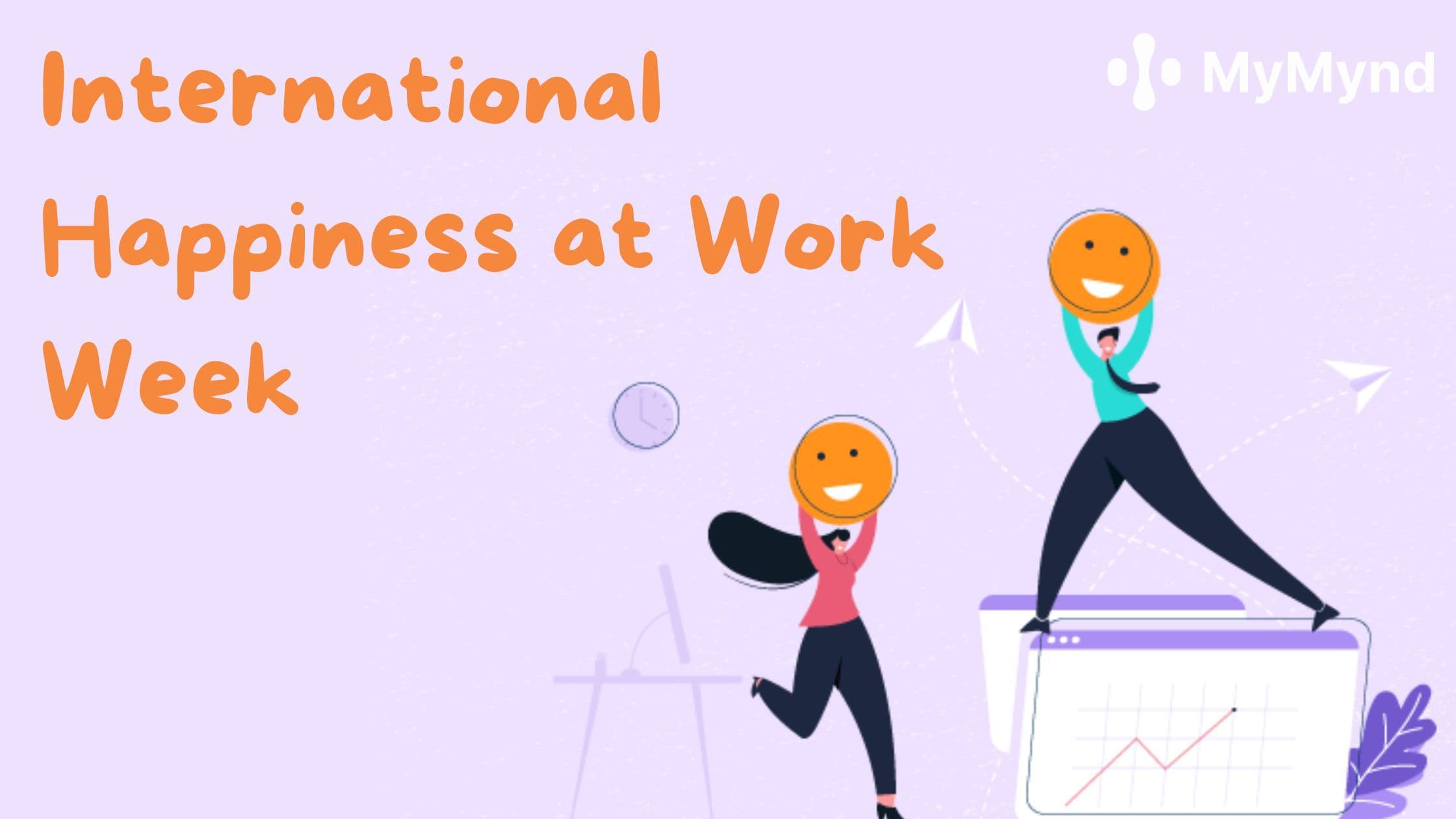...
...
...
...
...

Protect your mental health while leading with purpose. Here are 20 practical coping strategies that you can put in place to better manage stress and maintain a healthy wellbeing.

Megan Saunders
Feb 10th, 2023
Sometimes we can all feel overwhelmed, but there are various coping strategies that we can use to better manage our thoughts and feelings. One way that we can do this is by connecting with others to whom we share a common struggle. This can help to create a space for you, and your colleagues to find collaborative solutions and the best way to move forward.
We have listed some of useful strategies for you below.

Connecting with others who share your mission and values can provide a sense of camaraderie and support. Ways to do this can include; Join a professional association, attend events and conferences, or participate in online communities focused on sustainability.
For more ideas on ways to connect to your community - check out our My Social Life tool.
Giving back to communities helps you to make a positive impact which in turn can increase your own feelings of purpose and fulfilment. Research has also shown that when we help others, our body releases endorphins, which are known as the "feel good" hormones.
This can help boost your mood, reduce stress and improve overall mental health.
Furthermore, activities like volunteering provide a welcomed break from your daily routine, encourages you to step outside of your comfort zone and even learn a new skill.
Maintaining a strong support system provides us with comfort and a strong sense of belonging. It allows us to share experiences, express emotions, and receive encouragement and understanding from others.
Social connections can also offer a healthy distraction from any negative thoughts or life stressors which instantly boosts mood. Research indicates that people with strong social connections tend to have better physical and mental health outcomes, including lower rates of depression, anxiety, and stress.
Collaborating with others on projects can tap into the power of teamwork and shared responsibility, reducing feelings of isolation.
Prioritising yourself is key - it is important to listen to your body and mind and give it what it needs. Listening to our bodies, helps to prevent burnout and works towards maintaining a healthy overall wellbeing. When focusing on your mission driven career, it is important to take time out for yourself. Incorporating self-care into your daily routine will improve your physical health, reduce negative emotions and promote positive thinking.

This can include activities like exercise, meditation, and spending time with loved ones. Take time each day to prioritise self-care and set aside time where you can focus on yourself - even if it is just 5 minutes every day
Taking care of your physical health is key to maintaining mental wellbeing. Aim for 7-9 hours of sleep each night, eat a balanced diet, and drink plenty of water.
Sleep this is the time when your brain and body repair and restore itself ready for the next day. Therefore, getting enough sleep is critical for brain function and emotional regulation.
In addition, eating a balanced diet and staying hydrated provides us with the necessary nutrients and energy that our body needs to function optimally. Hydration is also essential for our brain health - it helps to regulate body temperature and protect against dehydration-related headaches.
Regular time off can help you recharge and maintain perspective. Be sure to take time to rest at weekends, plan getaways and use your vacation days.
Taking a break gives us time to disconnect from technology and really enjoy new experiences - providing us with a sense of adventure and excitement. This helps to boost mood, increase positive emotions and reduce symptoms of depression and anxiety. Taking time away also allows us the chance gain a fresh perspective and increase productivity when we return to work.
Talking with a mental health professional can provide support and guidance for managing stress and burnout.
We have a collated a vast range of useful helplines for those who may need someone to talk to. You can find all of the support helplines here.
Mindfulness can help you stay centred and focused, especially when facing stress and burnout. Consider incorporating mindfulness practices into your daily routine, such as meditation or deep breathing.
You can watch an introduction to meditation video here to help get started.
Being overwhelmed can lead to negative emotions such as frustration, anger, and hopelessness which can have a negative impact on our mental health. It can also lead to physical symptoms like fatigue, headaches, and difficulty sleeping.
In our work within the Health Sector, with Universities and Legal Services, this is a common theme that we hear. We need to be confident at managing our own lives in a healthy and effective way, before we work on a career for social impact.
Within your workplace it is important you have access to resources that will build your resilience and wellbeing. Visit our workplace resources page here, where you can learn more about ways to enhance wellbeing at work for both you and your colleagues.

Setting realistic goals and boundaries can help prevent feelings of frustration and increase job satisfaction. Make a to-do list each day, prioritise self-care, and avoid overloading your schedule.
The balance between your availability, skills and challenges is critical to getting into a state of flow, where we are most happiest within our work environment. Setting realistic goals and boundaries is key to this.
You can watch a great video on how to enter a flow state here.
Taking time to reflect on things we are grateful for is an effective way to focus on the positive aspects of our lives. This helps to boost happiness and maintain a healthy wellbeing.
Why not give it a go? Check out our gratitude journal.
Avoid self-criticism and negative self-talk. Instead focus on speaking to yourself in a kind and understanding way.
Practicing self-compassion will help you to form a positive relationship with yourself. This will enable you to be more accepting towards your own mistakes and find positive ways to learn from them. In turn, this will help to boost your confidence and enhance your overall mental wellbeing.
Activities like art, writing, or music provides a healthy outlet for stress and emotional release. This gives us the opportunity to get creative and express ourselves in the best possible way.
Spending time in green spaces and connecting with nature can help to reduce stress and improve your mental wellbeing. Why not go for a walk in a park, visit a botanical garden, or spend time in a natural setting.
Click here to plan a visit to over 100 different natural reserves and take in some fresh air!
Investing in yourself can increase job satisfaction and help you develop new skills. Consider taking part in workshops, classes or seeking out mentorship opportunities.
New and challenging activities can expand your knowledge, strengthen skills, and wider your perspectives - while also providing you with a sense of accomplishment. Research has shown that engaging in mentally stimulating activities can help reduce the risk of cognitive decline and improve overall brain health. So why not give something new a go!
Celebrate your achievements! Focus on small victories and progress, rather than your setbacks.
Maintaining a positive outlook can have a profound impact on your mental health. Having a positive perspective can help you see the good in all situations, find opportunities for growth, and cultivate hope and resilience in the face of challenges.
Practice healthy coping strategies to build up your resilience and better manage your stress when things become overwhelming. Building up your resiliency will enhance your sense of control, increase feelings of self-efficacy, and improve your relationships with others.
Focus on solutions, rather than problems - find the positive in challenging situations and work towards finding solutions to overcome them
Let go of any grudges and resentments - this will reduce stress and improve your overall mental wellbeing.
Recognise your own contributions to creating positive change, and celebrate your successes, no matter how small.
There are various different coping strategies that we can make use of, depending on our situation and individual circumstance. One type of coping strategy isn’t necessarily better than the other, it is up to you to decide which strategy is likely to work best for you in response to your particular situation. In some cases, it may even be beneficial to use a combination of them.
Sometimes we may also find ourselves using unhealthy ways of coping when dealing with stressful situations and difficult emotions. Unhealthy coping strategies offer a temporary solution to a problem and often leads to making things worse. While we have all used unhealthy ways of coping from time to time, if you are finding yourself engaging in these behaviours consistently or on a more frequent basis, it is implant to seek help from your GP or contact a local support service.
If you would like to explore services, please use the Hub of Hope to search for local support in your area.
We are all guilty of using unhealthy Coping Strategies from time to time, after all we are only human. However, if you find yourself consistently and/or repeatedly engaging in these types of behaviour, it is important that you seek help from your GP or contact a local support service. Use the Hub of Hope to search for support service in your area.

Why is Happiness at Work so important and how can we achieve it?
Nia Griffiths
Sep 23rd, 2024

Rouberto Pereira
Dec 12th, 2024

Understanding the Link Between Sleep, Mental Health, and Daily Wellbeing
Keeva Galway
Mar 5th, 2025